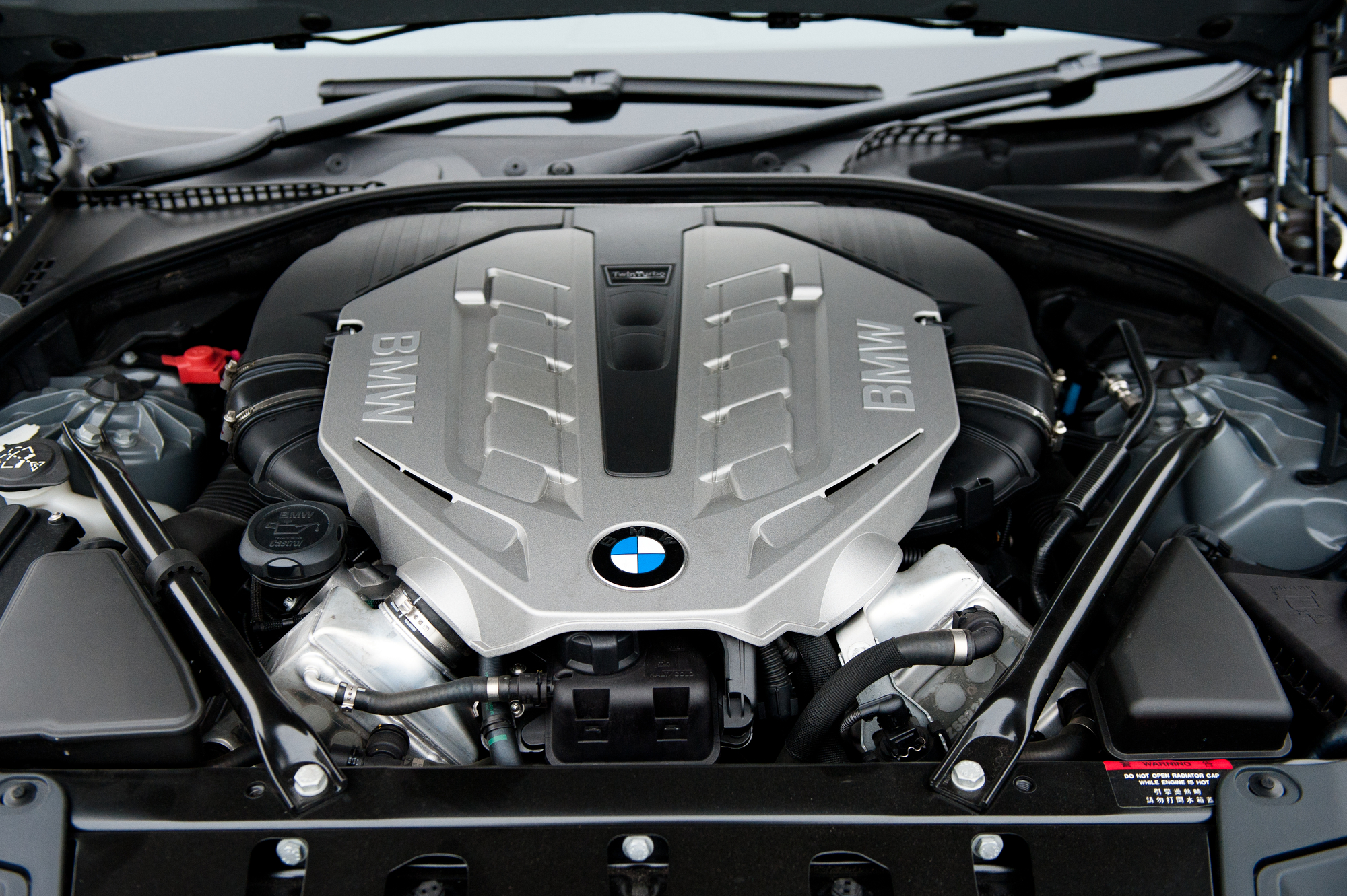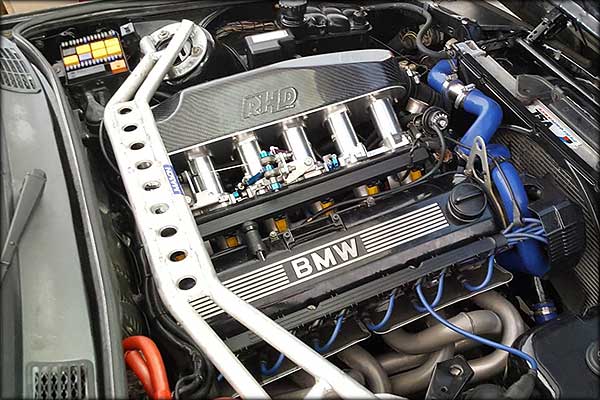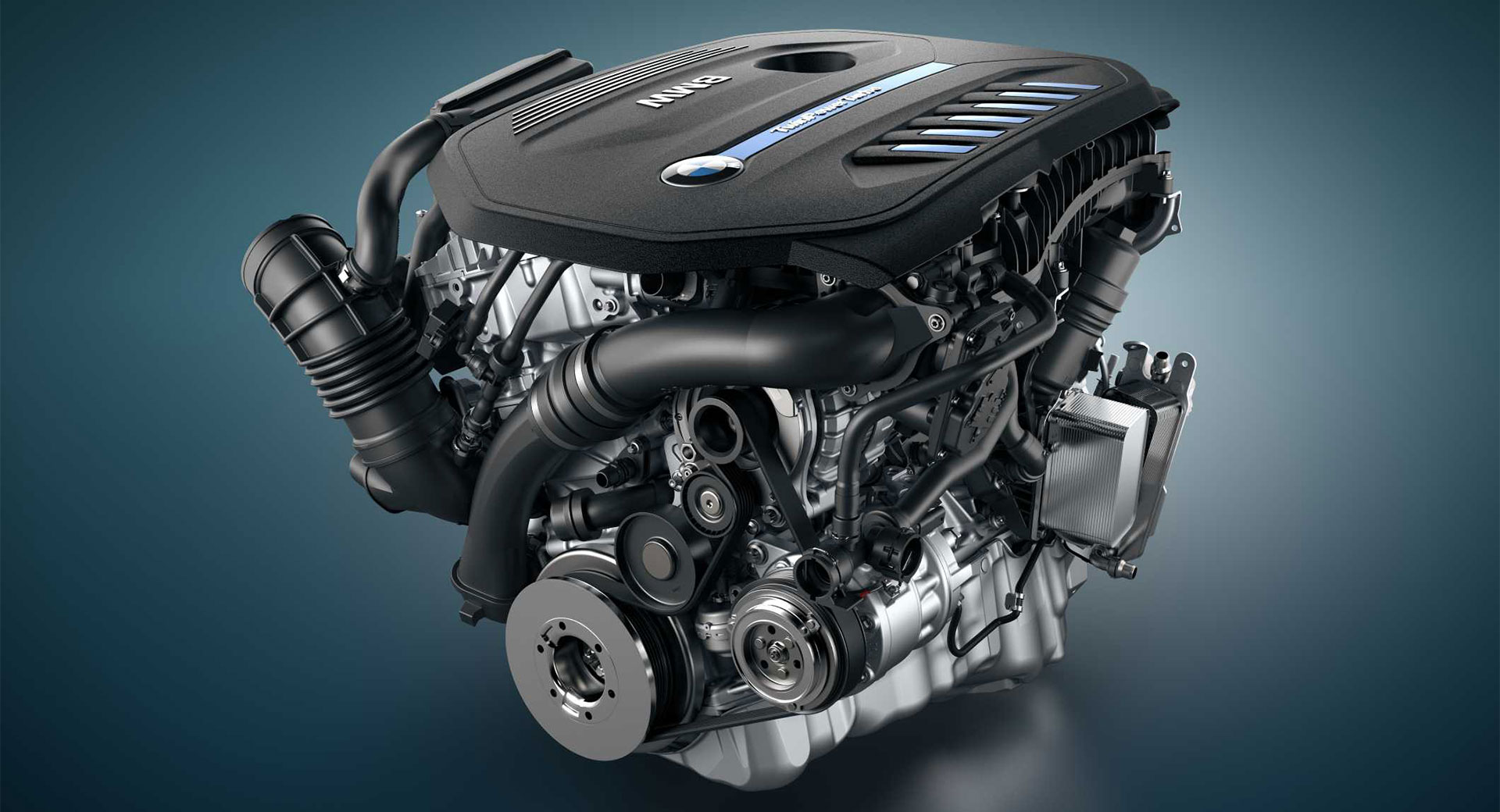Usual Concerns Encountered by BMW Engine Owners and Just How to Address Them
Usual Concerns Encountered by BMW Engine Owners and Just How to Address Them
Blog Article
Introducing the Intricacies of Next-Generation Power Units: a Deep Study Advanced Engine Designs and Developments
In the world of automotive engineering, the unrelenting pursuit of sustainability, performance, and effectiveness has propelled the evolution of power devices to unprecedented heights. As we depend on the precipice of a brand-new age in transportation, the ins and outs of next-generation engine layouts beckon us to check out the sophisticated innovations and advancements that guarantee to redefine the driving experience. From innovative materials that press the boundaries of durability and weight decrease to sophisticated turbocharging and turbo charging systems that raise power output to new levels, each element of these power systems holds a crucial to unlocking the future of vehicle design. Digging deeper right into the worlds of exhaust control, intelligent engine administration systems, and the horizon of power system development, we locate ourselves on the cusp of a change that promises to reshape the landscape of mobility as we recognize it.
Evolution of Engine Products

The shift towards advanced engine products has additionally enabled designers to design engines with greater power outputs while maintaining gas effectiveness standards. The use of lightweight products minimizes the general weight of the engine, leading to enhanced fuel economic climate and reduced exhausts. Furthermore, developments in materials innovation have enabled much better thermal administration within engines, leading to enhanced reliability and longevity.
Turbocharging and Supercharging Technologies
How do Turbocharging and Supercharging Technologies transform engine efficiency and effectiveness in modern cars? Turbo charging and turbocharging are modern technologies that dramatically improve engine performance by raising the quantity of air intake right into the combustion chamber. Turbocharging attains this by using a turbine driven by exhaust gases to pressurize the consumption air, while supercharging utilizes a belt- or chain-driven compressor to achieve the very same effect.
These modern technologies allow smaller sized, a lot more fuel-efficient engines to produce power equal to larger ones, called downsizing. Forcibly even more air into the cylinders, turbocharging and turbo charging boost combustion performance, leading to raised horsepower and torque outcome without a significant boost in engine dimension. This results in far better acceleration, pulling capacity, and general driving efficiency.
Moreover, turbocharging and turbo charging contribute to enhanced gas effectiveness by permitting the usage of smaller engines that take in much less fuel under typical driving problems - bmw engine. This combination of enhanced efficiency and performance has made turbocharging and supercharging indispensable components of numerous modern engine layouts
Exhaust Control and Environmental Impact
With increasing international worries relating to air high quality and environmental sustainability, the execution of emission control technologies in vehicles plays an essential function in decreasing damaging toxins released into the ambience. Modern automobiles are geared up with innovative exhaust control systems that assist decrease the environmental effect of vehicle operations. Catalytic converters, for example, are created to convert poisonous gases such as carbon monoxide, nitrogen oxides, and hydrocarbons into less dangerous substances like carbon dioxide and water vapor.
Furthermore, improvements in engine innovation, such as the integration of exhaust gas recirculation systems and careful catalytic decrease, have actually considerably added to reducing exhausts. These technologies work in tandem to maximize combustion performance and decrease the launch of unsafe toxins into the air. In addition, the development of crossbreed and electric vehicles represents an important action in the direction of reducing the total ecological footprint of the transport industry.
Intelligent Engine Management Equipment

Additionally, these systems allow cars to satisfy rigorous discharges criteria without compromising efficiency, supplying a more ecologically friendly driving experience. The assimilation of artificial knowledge and artificial intelligence abilities in engine monitoring systems remains to press the borders of what is possible, leading to further enhancements in efficiency, dependability, and general automobile performance. bmw engine. As vehicle technology advances, smart engine administration systems will play a critical role fit the future of transport towards a much more sustainable and efficient direction
Future Trends in Power Unit Advancement
As smart engine monitoring systems pave the means for improved control and optimization in contemporary lorries, future fads in power system advancement are poised to redefine the landscape of automotive propulsion innovations. One of the essential patterns driving technology in power system growth is the change about his in the direction of electrification. With an increasing focus on sustainability and reducing carbon exhausts, crossbreed and electric powertrains are coming to be extra widespread in the vehicle industry. These alternative source of power supply boosted effectiveness and performance while lining up with strict environmental regulations.
Another considerable fad is the combination of sophisticated materials and manufacturing techniques. Lightweight products such as carbon fiber and aluminum are being Go Here used to reduce overall car weight, improving fuel effectiveness and efficiency. In addition, innovations in 3D printing and additive production are making it possible for the manufacturing of intricate engine parts with greater precision and durability.
Furthermore, expert system and artificial intelligence are playing a vital duty in maximizing power device performance. These modern technologies allow for real-time tracking and flexible control, resulting in much more efficient and trustworthy power delivery. In general, future fads in power unit advancement are tailored towards sustainability, efficiency, and efficiency, driving the auto sector towards a new era of propulsion modern technologies.

Conclusion
In verdict, the advancements in engine products, turbocharging, emission control, and intelligent management systems have actually led the way for next-generation power units. These technologies have not just enhanced efficiency and performance but additionally lowered environmental influence. As modern technology continues to develop, future fads in power system development are most likely to concentrate on further improving sustainability and optimizing power output. The complex layouts and innovations in modern-day engines display the recurring evolution of automobile innovation.
Exploring the progressive developments in engine materials has actually been crucial in enhancing the efficiency and efficiency of modern engines. Over the years, the advancement of engine materials has played a crucial role in pushing the boundaries of what engines can achieve.The change in the direction of progressed engine products has actually also made it possible for designers to design engines with greater power results while maintaining linked here fuel effectiveness standards.The application of smart engine management systems in contemporary lorries has changed the means engines are controlled and maximized for efficiency and performance. By gathering information in real-time and analyzing it with advanced algorithms, intelligent engine management systems can adjust to driving styles, environmental factors, and engine health to make best use of power output while lessening gas consumption and discharges.
Report this page